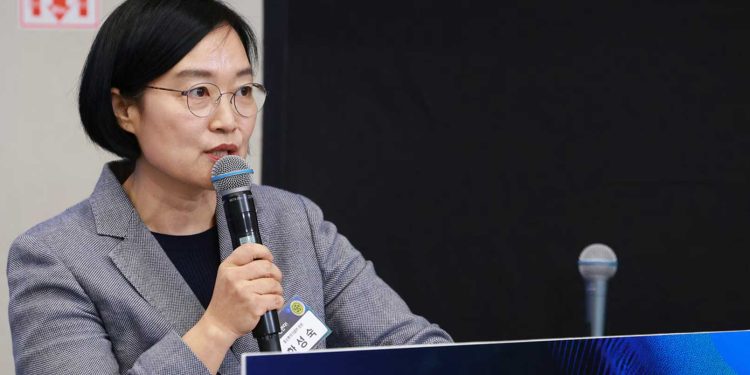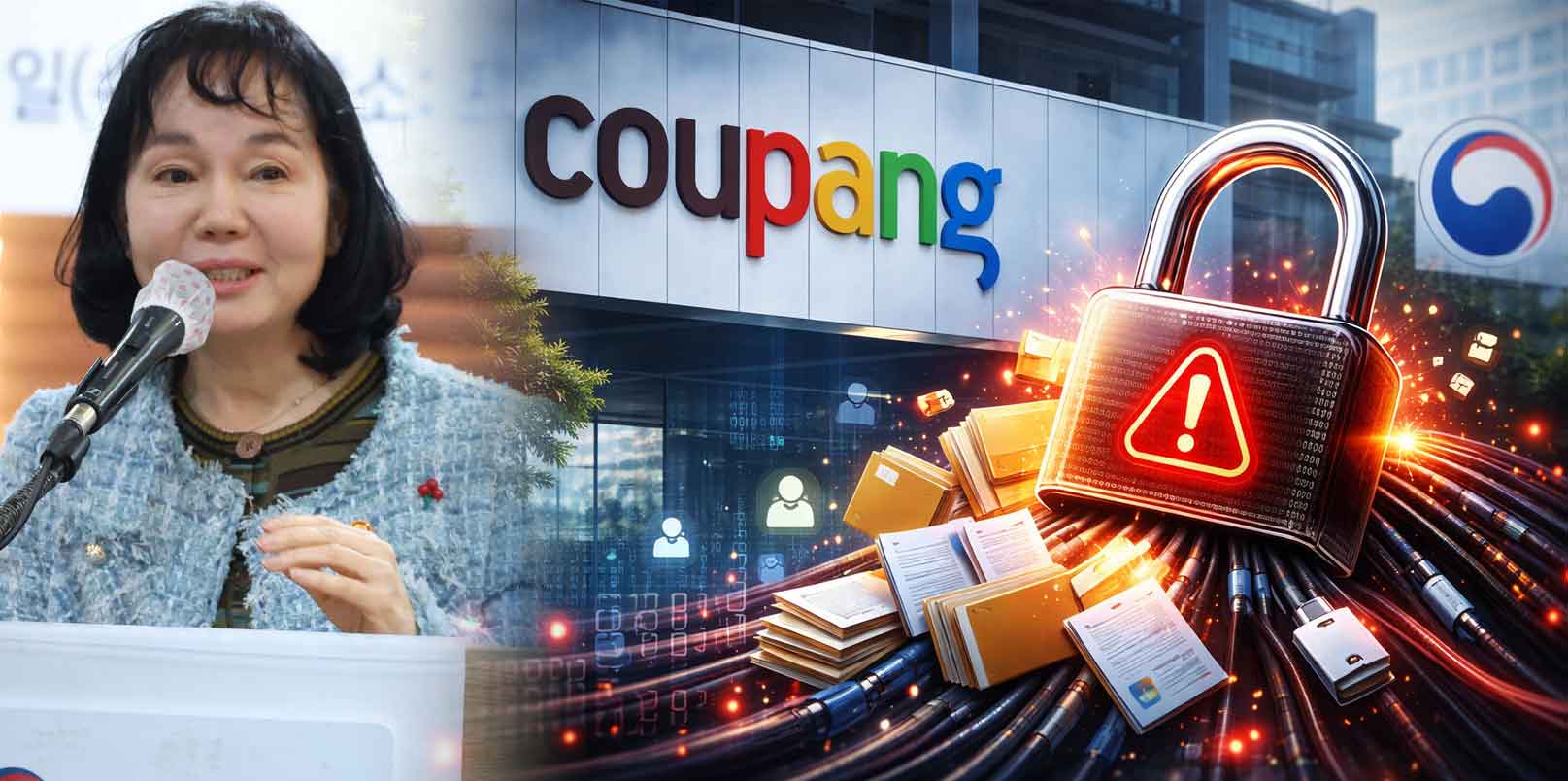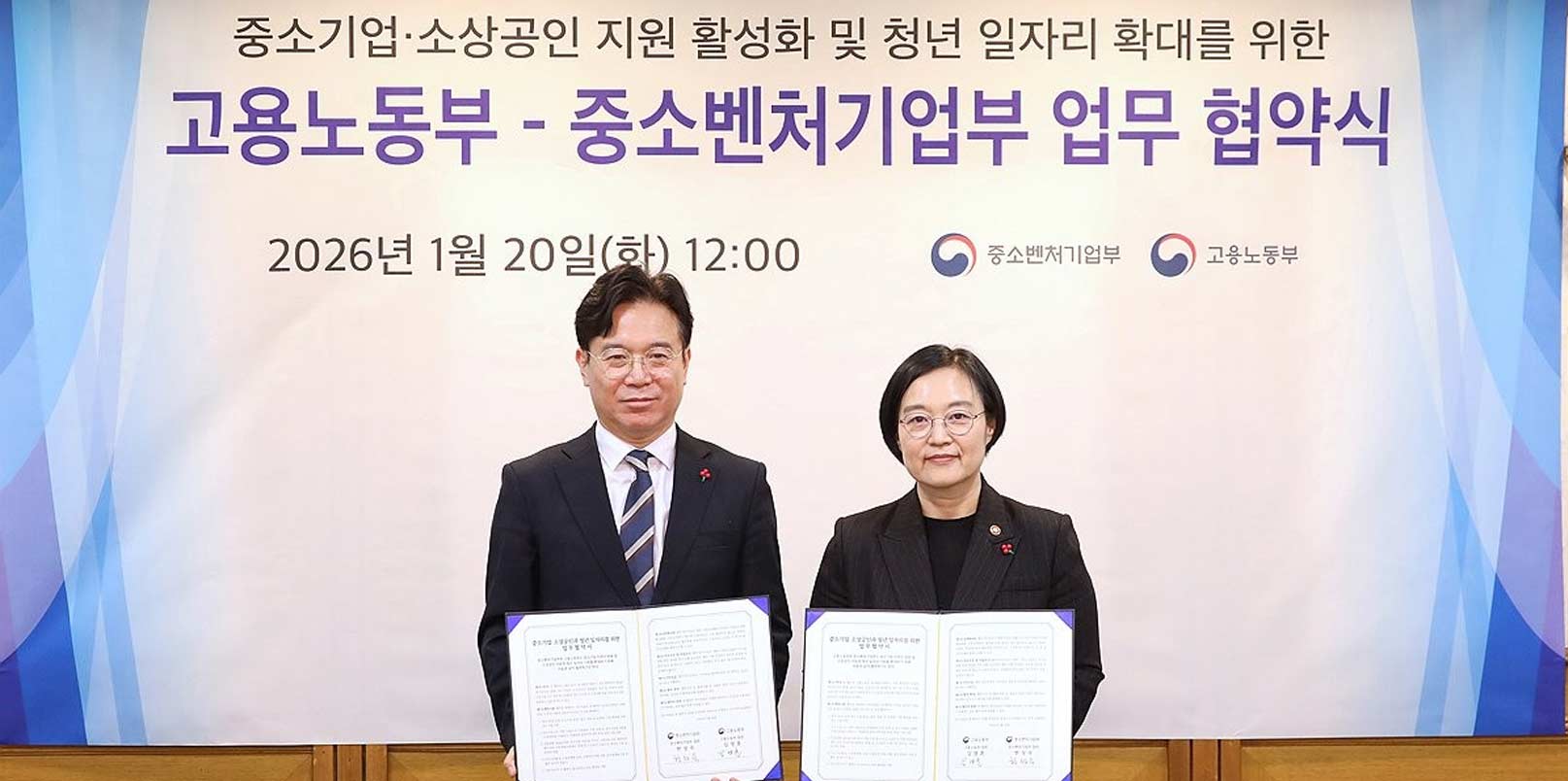South Korea is charting its next chapter in innovation policy. The Ministry of SMEs and Startups (MSS) unveiled a comprehensive Startup & Venture Policy Vision aimed at realizing the so-called “Third Venture Boom.” With a focus on youth entrepreneurship, AI and deep-tech unicorns, and stronger government-backed funding, the initiative signals Korea’s intent to position itself among the world’s top four venture ecosystems.
South Korea Unveils Third Venture Boom Vision
The Ministry of SMEs and Startups (MSS), led by Minister Han Seong-sook, presented the New Government Startup & Venture Policy Vision during the “Youth Startup Imagination Concert” at Startup Square in Seongnam on September 17, 2025.
Over 100 participants attended, including officials from the Ministry of Economy and Finance, Ministry of Environment, Financial Services Commission, and AI Strategy Committee, alongside startups such as Wrtn, Tripbtoz, and Nara Space Technology, as well as industry associations like the Korea Startup Forum (KOSPO) and Korea Venture Capital Association (KVCA).
The event coincided with Youth Week and featured investment IR sessions, exhibitions, and collaboration initiatives, creating what organizers described as a miniature startup ecosystem within the venue.
Policy Context: Building Korea’s Next Venture Growth Path
Ministry of SMEs and Startups explained that the new startup and venture policy vision centers on three pillars:
Challenging Entrepreneurship for All
Supporting 1,000 “startup rookies” through a new Startup Rookie Project, backed by accelerators and venture capital. By 2030, KRW 11 trillion (~ USD 8B) will be allocated in venture funds and technology guarantees for early-stage entrepreneurs.
Deep-Tech and AI Growth
Advancing the KRW 13.5 trillion NEXT UNICORN Project to foster AI, defense, and climate-tech startups into global unicorns, in collaboration with the National Growth Fund. Plans also include a Startup & Venture Campus in Silicon Valley and a K-Open Innovation Hub to broaden collaboration with SMEs, public institutions, and global big tech companies such as Google and NVIDIA.
Stronger Government Support Infrastructure
Expanding the venture capital market to KRW 40 trillion by doubling the Fund of Funds (Mother Fund) budget, extending its duration, and reforming investment rules. Tax incentives will also be broadened for new industries, regional ventures, and later-stage companies. A KRW 1 trillion Re-Challenge Fund will support re-entrepreneurs, while the K-Startup Portal will evolve into a one-stop consulting hub for legal, financial, and operational guidance.
Voices from the Youth Startup Imagination Concert
During the concert, six startups participated in discussions across three themes: youth entrepreneurship, deep-tech innovation, and global expansion. Attendees raised requests for expanded government support for early-stage founders, increased participation of AI and deep-tech firms in major policy projects, greater attention to defense and climate-tech sectors, and stronger assistance for global market entry.
Minister Han Seong-sook emphasized the government’s commitment to acting on these inputs:
“We will quickly implement the ‘New Government Startup & Venture Policy Vision’ by incorporating the opinions gathered at today’s concert. Based on further insights from our upcoming policy field tours, we will prepare a comprehensive strategy, tentatively titled ‘Leap to the World’s Top 4 Venture Nations,’ in the second half of this year.”
How Korea’s New Startup & Venture Policy Vision Reshapes Its Startup Future
South Korea’s ambition to achieve a “Third Venture Boom” is framed not just as domestic policy but as part of its global competitiveness agenda. With venture capital markets targeted at KRW 40 trillion, and dedicated initiatives for AI, defense, and climate technologies, the strategy positions Korea to compete with established startup hubs in the US, Europe, and China.
The establishment of a Silicon Valley campus underscores the priority of cross-border expansion, addressing Korea’s challenge of limited domestic market size. Meanwhile, expanded tax reforms and investment ladders are designed to attract private capital and provide long-term growth pathways.
These policies also open new entry points for global investors and partners into the Korean ecosystem—particularly in sectors where Korea already holds competitive advantages, such as semiconductors, defense technology, and green innovation.
What Lies Ahead for Korea’s Venture Ambitions
Korea’s Startup & Venture Policy Vision represents a deliberate attempt to evolve from supporting isolated founders to engineering an integrated ecosystem spanning early-stage funding, deep-tech unicorn pipelines, and global market access.
If executed with consistency, this roadmap could not only spark a Third Venture Boom domestically but also strengthen Korea’s standing as a top-tier global venture hub. The second half of 2025 will be critical, as the government refines its strategies into the promised comprehensive plan for achieving top-four global ecosystem status..
– Stay Ahead in Korea’s Startup Scene –
Get real-time insights, funding updates, and policy shifts shaping Korea’s innovation ecosystem.
➡️ Follow KoreaTechDesk on LinkedIn, X (Twitter), Threads, Bluesky, Telegram, Facebook, and WhatsApp Channel.






